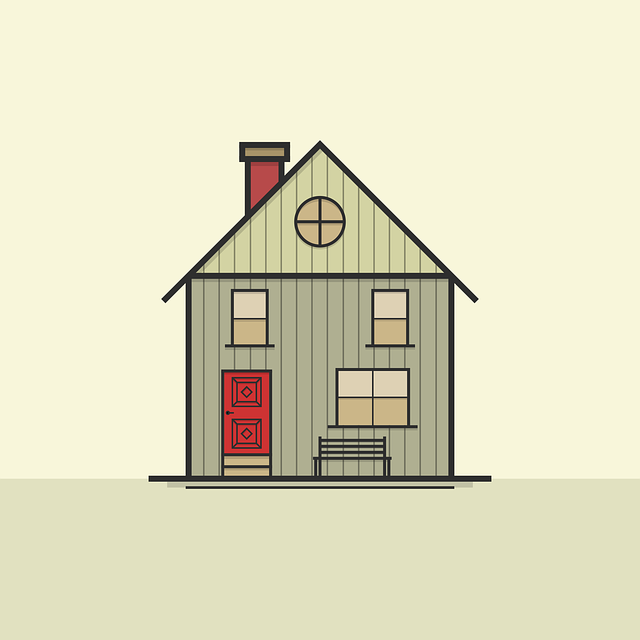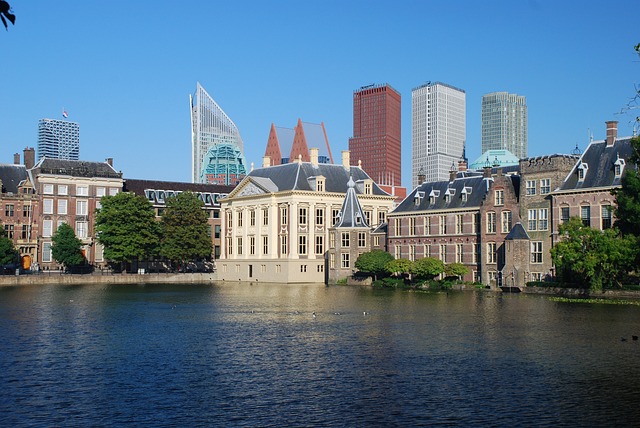In New Jersey, sober living regulations play a pivotal role in supporting individuals on their path to long-term recovery. This comprehensive guide explores the intricate world of recovery residences within the state, delving into the essential understanding and requirements that define this critical sector. From compliance standards to licensing processes, we navigate the key aspects governing these safe havens for those striving for sobriety. By shedding light on these regulations, we aim to empower both residents and facilities, ensuring a robust framework for successful recovery.
- Understanding Sober Living Regulations in New Jersey
- Requirements and Standards for Recovery Residences
- Navigating the Licensing and Compliance Process
Understanding Sober Living Regulations in New Jersey

In New Jersey, understanding sober living regulations is paramount for anyone involved in the recovery process or managing recovery residences. The state has established guidelines to ensure safety, quality care, and adherence to ethical standards within sober living environments. These regulations cover various aspects, including licensing requirements, living conditions, staff training, and support services offered at these facilities. By adhering to these rules, recovery residences can foster a conducive environment for individuals striving for long-term sobriety.
For instance, New Jersey’s Department of Human Services oversees the licensing and regulation of sober living homes, ensuring they meet specific criteria related to health, safety, and addiction treatment services. This includes regular inspections, staff qualifications, and crisis response protocols. Such measures aim to uphold the integrity of sober living arrangements and promote effective recovery support for residents.
Requirements and Standards for Recovery Residences

Recovery residences in New Jersey are subject to specific regulations aimed at ensuring safety, quality care, and effective recovery support for residents. These homes must adhere to strict standards set by the state’s Department of Human Services, which include requirements for staffing ratios, security measures, and program offerings. For instance, there is a mandate for a minimum number of staff members present at all times to cater to the diverse needs of the residents, fostering a secure environment conducive to recovery.
The facilities are expected to provide comprehensive services tailored to the unique challenges faced by individuals in recovery. This includes access to mental health counseling, substance abuse therapy, and educational programs aimed at empowering residents with the tools needed for long-term sobriety. The state also emphasizes the importance of a structured daily routine, healthy meals, and opportunities for social interaction within the sober living environment, creating a supportive network that promotes healing and personal growth.
Navigating the Licensing and Compliance Process
Navigating the Licensing and Compliance Process for Recovery Residences in New Jersey involves a series of stringent steps designed to ensure safety, security, and quality care for individuals in recovery. The state’s regulations are comprehensive, requiring potential operators to thoroughly understand and adhere to guidelines that encompass everything from facility design and staffing requirements to emergency preparedness and ongoing monitoring.
This process begins with applying for the appropriate licenses through the New Jersey Division of Mental Health and Addiction Services (DMHAS). Applicants must demonstrate compliance with all relevant codes and standards, including those related to construction, fire safety, and accessibility. Once licensed, recovery residences must maintain rigorous compliance standards through regular inspections, staff training, and ongoing documentation of patient care. These measures are crucial in fostering a stable and supportive environment for individuals on their journey towards sober living.

